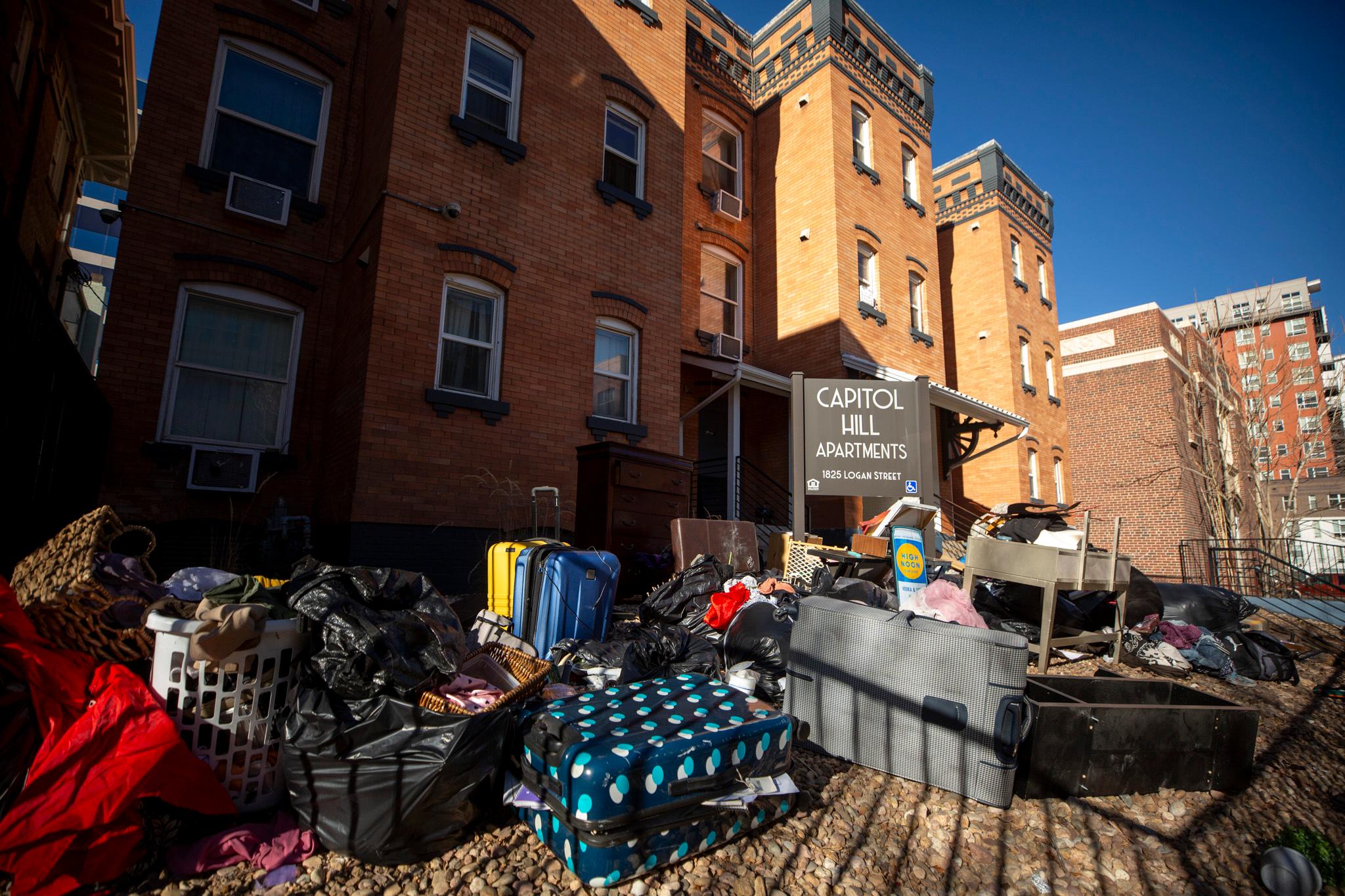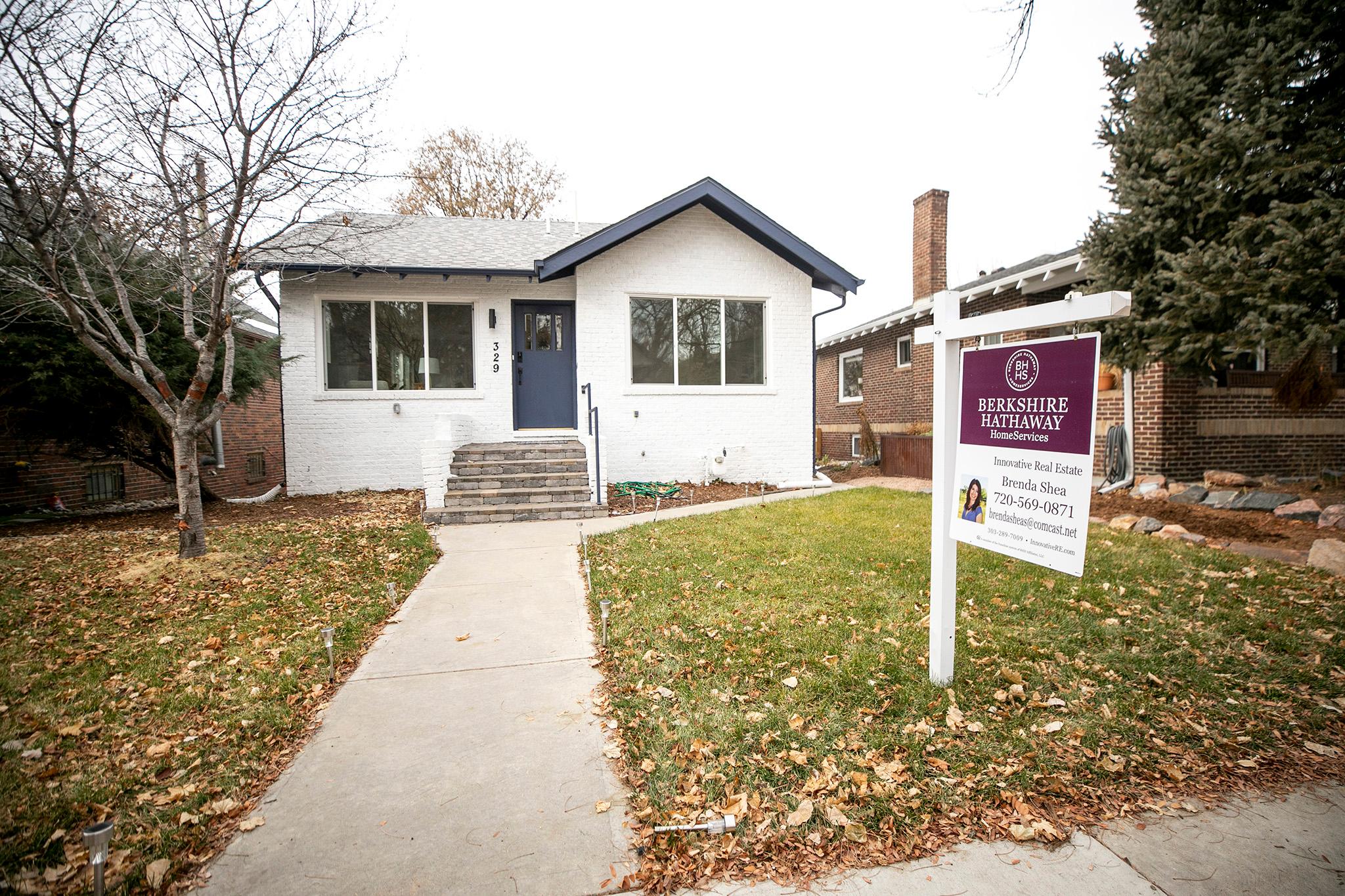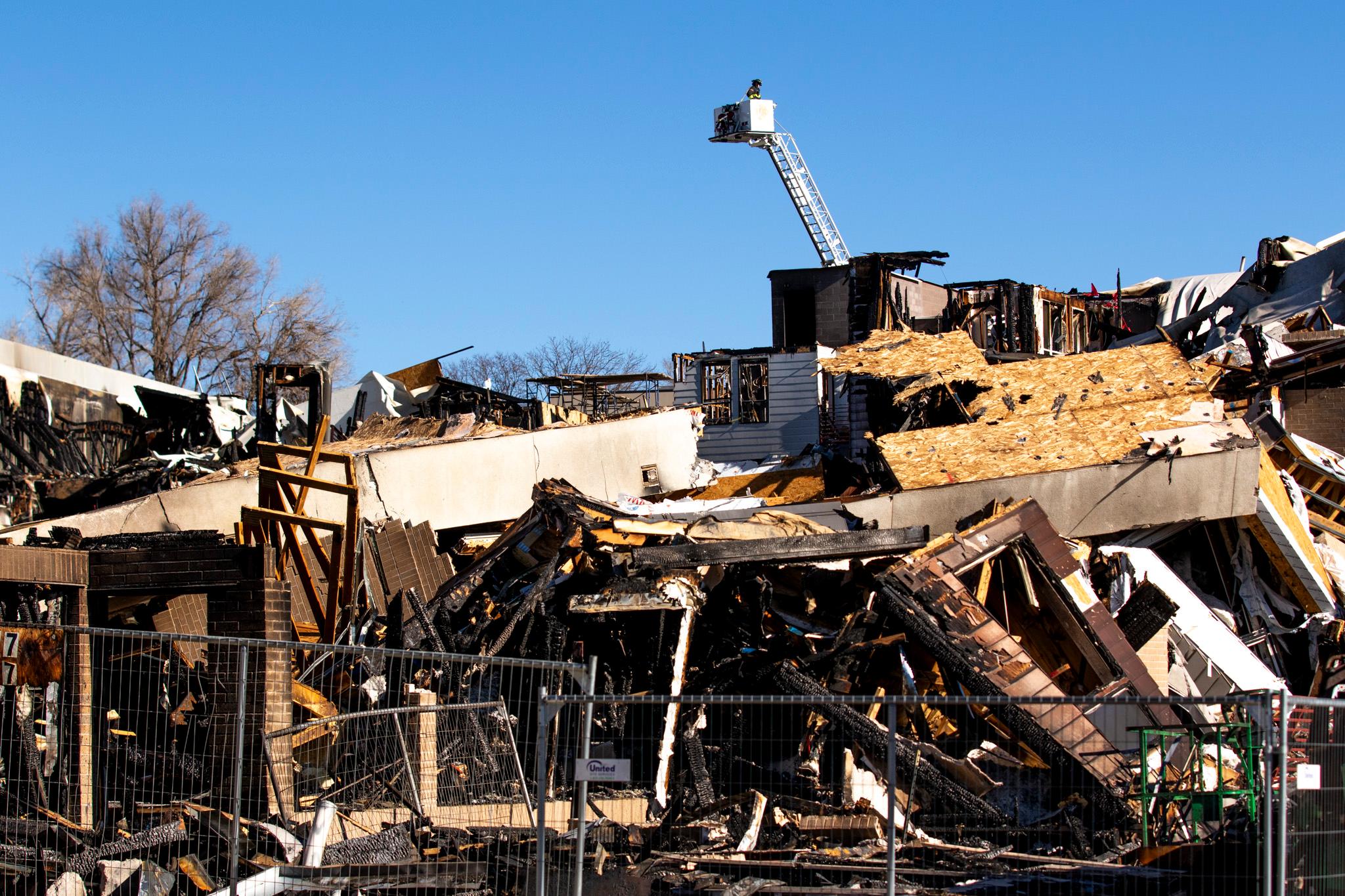The Denver City Council stopped a huge project in its tracks Monday night when it killed a developer's request for new building guidelines on two Five Points lots.
Austin-based Cypress Real Estate Advisors wanted to build 650 homes -- 65 of them priced below-market -- in apartment buildings up to 12 stories high with ground-floor businesses in the neighborhood's RiNo district. The project would have replaced two sites occupied by AFTCO food processing plant and what the home builder called a "dilapidated" self-storage building at 3275 and 3315 Denargo St.
Council members on separate sides of the issue said they wanted the same thing: affordability. They differed on how to get there -- take what you can get in a city that can't legally force developers to build affordable units, or deny new homes and businesses to send a message and hope for concessions?
The developer voluntarily added rental homes priced for people making at most 80 percent of the median income, or up to $72,000 for a household of three. Cyprus signed an agreement with the Department of Housing and Stability. But the high ceiling was not enough to gain a majority of votes.
"If I looked at building an affordable Denver, 10 percent (of below-market units), although it is somewhat generous, during this time of COVID, I think all bets are off," said Councilwoman Amanda Sandoval, who voted against the rezoning. "I think everything needs to be reevaluated ... I think housing projects that were once moving forward before March 16th need to be reevaluated because we will be getting out of COVID on the backs of my grandchildren."
Council members Kendra Black, Jolon Clark, Chris Herndon, Kevin Flynn, Robin Kniech and Stacie Gilmore voted to rezone the properties. Council members Candi CdeBaca, Chris Hinds, Paul Kashmann, Debbie Ortega, Sandoval, Amanda Sawyer and Jamie Torres voted against it.
Denver's guiding planning document, Blueprint Denver, calls for density in the area, which is becoming more connected with walking, biking and public transit infrastructure. A development like this one made sense, said Chase Hill with Cyprus, because it won't physically displace any residents and the buildings won't cast shadows over single-family homes.
"It seemed that the organizations and individuals we reached out to, if they were going to have to steer the development and growth of RiNo, it was better here than the other side of the tracks, we kept hearing," Hill said.
Two business groups including the River North Arts District supported the project, according to council documents.
More homes for all income brackets help meet housing demand and lower prices, said Councilman Clark. He added that the legislative body's job, legally, was to vote on whether the project aligns with established city plans -- not on the project itself.
"I think that staff did a good job showing that this meets the legal criteria," Clark said. "While I would love to have 650 units that were all priced for 30 percent (of the area median income) or below, 650 units is still 650 units. And if those aren't built, with 10 percent of them having some level of affordability, then that is more people competing for fewer units in Denver, which doesn't help the price of any housing go down."
Still, Cypress's bid to make the industrial area more vibrant and walkable did not outweigh concerns some council members had about a critical lack of affordable housing.
"I don't have a problem with the developer trying to make a profit. That's what a developer's goal is in the course of doing business," Councilman Kashmann said. "But I have a problem that we keep taking this 10 percent number like it comes from the sky, from God, and I know other jurisdictions are being more demanding in their requirements to meet their housing goals, and I think we need to do that."
Councilwoman Debbie Ortega voted against the rezoning, at least in part, because it was about 40 feet away from a railroad spur. She didn't like the idea of transporting potentially dangerous chemicals so close to people's homes.
This article was updated to correct a reporting error. The affordable housing commitment was not verbal, but a signed agreement.













